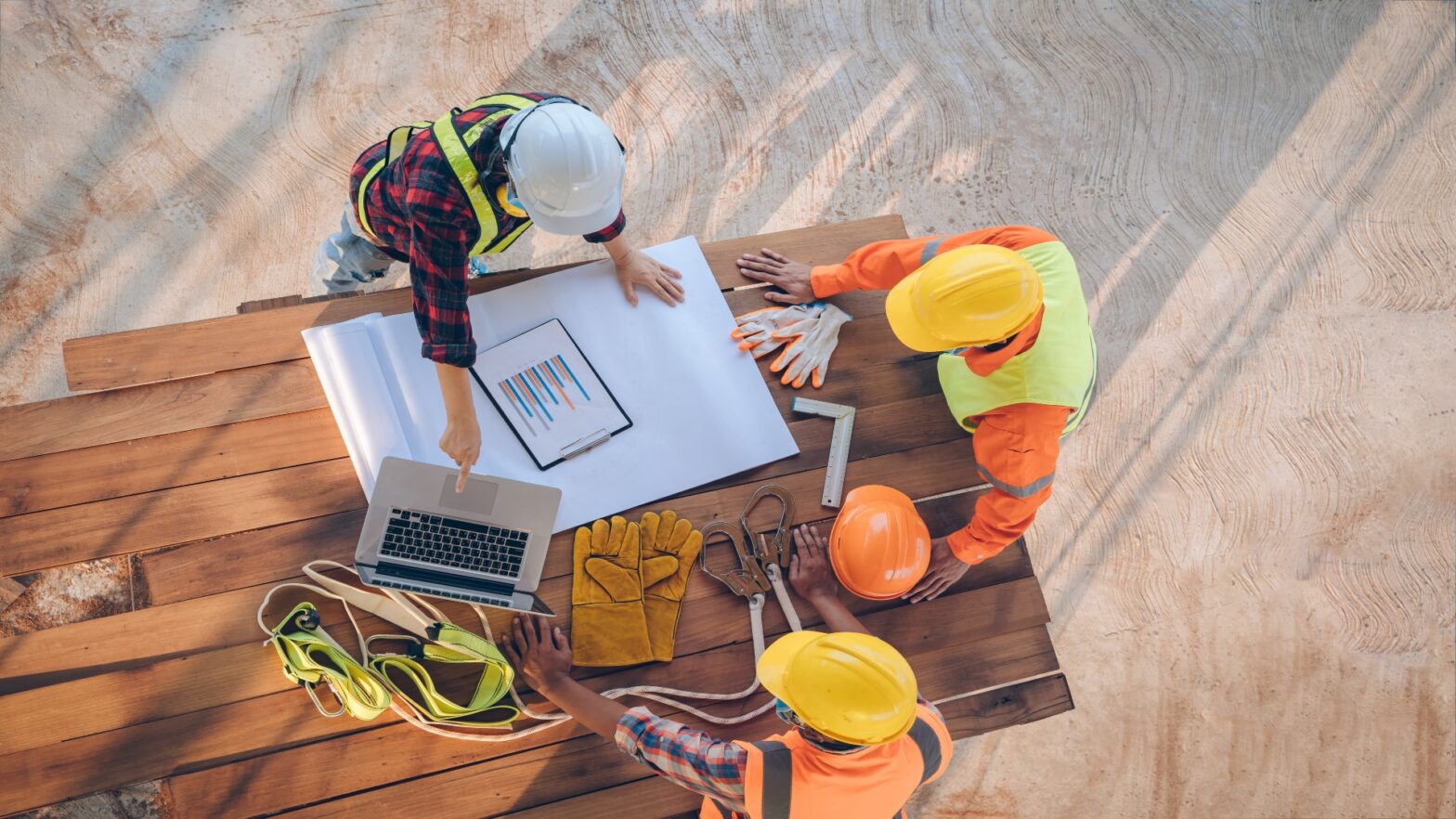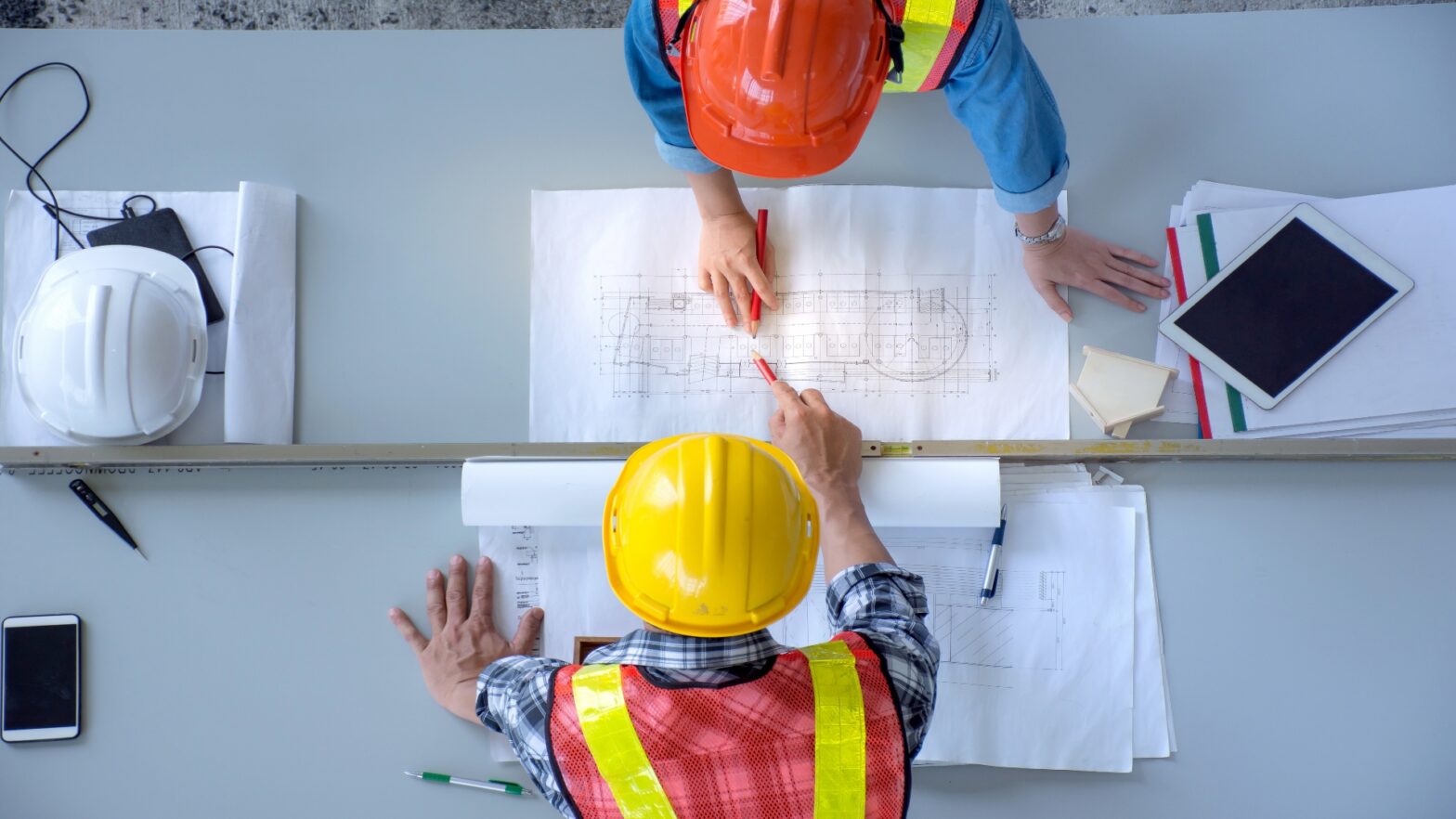Exploring the Role of Blockchain in Modern Building Projects
Blockchain technology, initially associated with cryptocurrency, has expanded its influence across a wide range of industries, including construction. With its decentralized, transparent, and secure nature, blockchain is becoming an increasingly valuable tool in modern building projects. From improving project efficiency to enhancing collaboration among stakeholders, blockchain offers promising solutions to some of the industry’s long-standing challenges.
What is Blockchain?
At its core, blockchain is a distributed ledger technology (DLT) that allows multiple participants to securely record transactions and store data in a decentralized manner. Each record, or “block,” is linked to the previous one, creating a chain of blocks. This structure ensures that once information is added to the blockchain, it cannot be altered or deleted, providing an immutable and transparent record.
Enhancing Transparency and Accountability
One of the most significant benefits of blockchain in construction is its ability to enhance transparency. In large building projects, multiple parties are involved, including architects, contractors, subcontractors, suppliers, and clients. Keeping track of each party’s responsibilities and payments can be a complex and error-prone process. By recording all transactions and agreements on a blockchain, stakeholders can easily verify the progress of a project in real time.
For example, smart contracts — self-executing contracts with the terms directly written into code — can be utilized to automate payments based on predetermined milestones. When a certain project phase is completed, the smart contract can trigger an automatic payment to the relevant contractor or supplier. This reduces the risk of delayed payments and disputes while ensuring that everyone involved is held accountable for their part in the project.
Streamlining Supply Chain Management
The construction supply chain is often fragmented, with materials moving through various hands before reaching the construction site. This can lead to delays, miscommunications, and inefficiencies. Blockchain can provide a solution by creating a transparent, traceable record of the entire supply chain process.
With blockchain, every transaction involving building materials — from the manufacturer to the supplier and finally to the construction site — can be logged onto the blockchain. This creates a comprehensive and unalterable history of the materials’ journey, ensuring that the right materials are delivered on time and in the correct quantities. Furthermore, it can help in identifying any potential issues in the supply chain early on, allowing for timely interventions.
Improving Project Management
Blockchain’s impact on project management extends beyond payments and supply chain transparency. The technology can also streamline the overall management of a building project. For instance, digital twins — virtual replicas of physical assets — can be updated in real time using blockchain. This means that as the construction project progresses, the digital twin remains a live, accurate representation of the building, providing stakeholders with up-to-date information.
Moreover, blockchain can facilitate better communication and collaboration between project teams. With all project data, contracts, and agreements stored on a single, accessible ledger, team members can quickly access the information they need, reducing the chances of miscommunication or errors.
Secure Data Sharing
Construction projects often involve sensitive information, such as architectural designs, contracts, and client details. Ensuring that this data is kept secure and accessible only to authorized parties is crucial. Blockchain technology can offer a solution by providing a secure and decentralized platform for data sharing.
Using blockchain, project data can be encrypted and stored in a way that only authorized individuals or entities can access it. This reduces the risk of data breaches and ensures that sensitive information remains protected throughout the life of the project.
Blockchain and Cryptocurrency in Building Projects
As cryptocurrency becomes more mainstream, some construction companies are beginning to explore ways to incorporate digital currencies like Bitcoin and Ethereum into their projects. This opens up new possibilities for investment and payments in the construction sector. In particular, blockchain-based cryptocurrencies like Dogecoin are gaining traction due to their fast transaction speeds and low fees.
For those looking to get started in cryptocurrency, Moonpay is a platform that allows users to buy Dogecoin securely and easily. With its user-friendly interface, It makes it simple to convert traditional currency into digital assets, allowing investors to diversify their portfolios or make transactions in blockchain-based cryptocurrencies.
The Future of Blockchain in Construction
The adoption of blockchain in the construction industry is still in its early stages, but its potential is undeniable. As the technology continues to evolve, it is likely that blockchain will become an integral part of building projects, transforming the way the industry operates. From improving transparency and accountability to streamlining supply chains and enhancing project management, blockchain offers a wealth of benefits that can help modernize the construction industry.





























